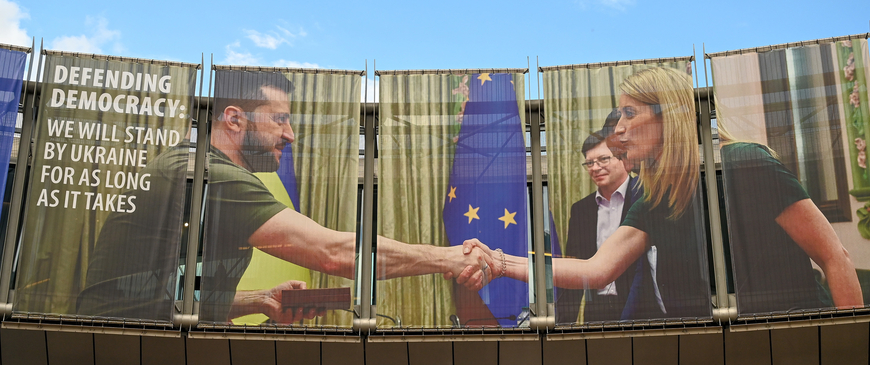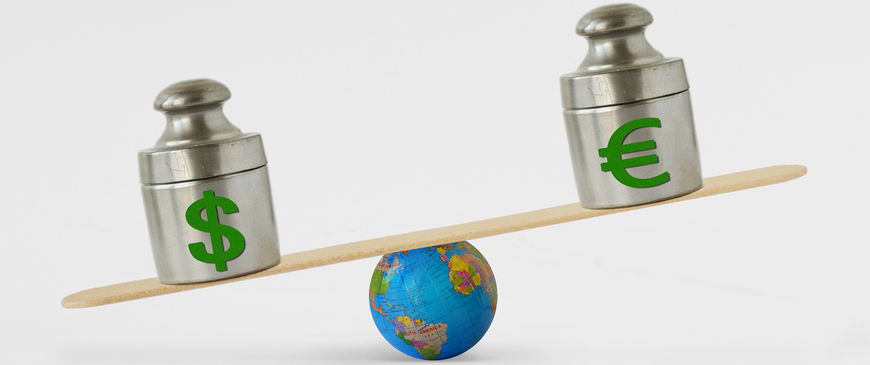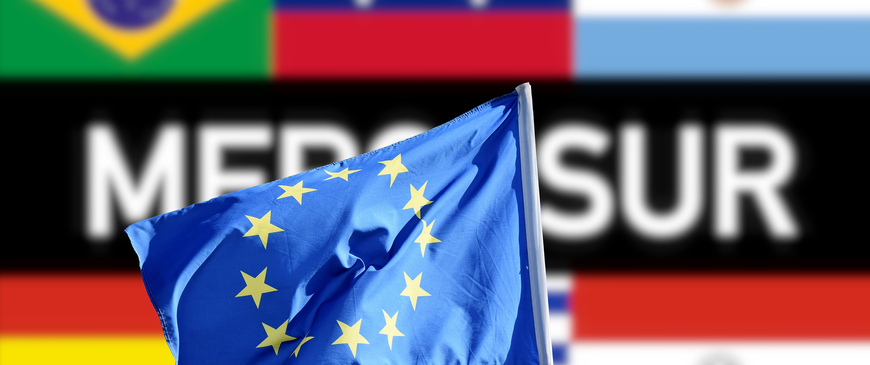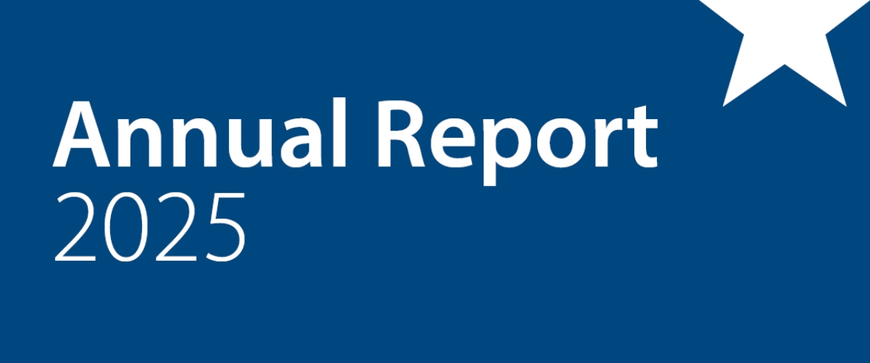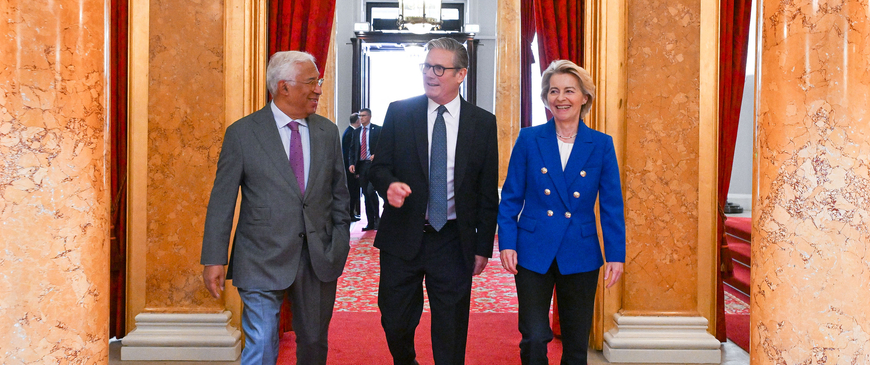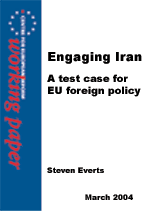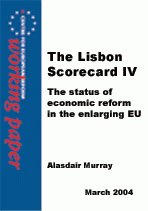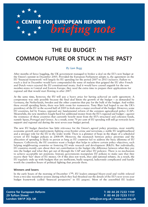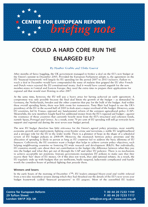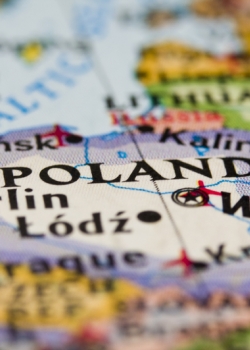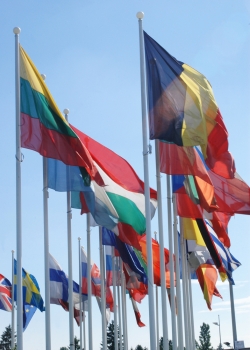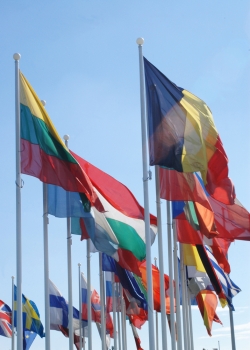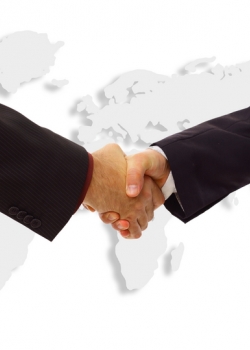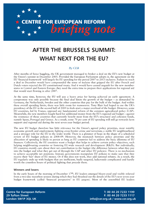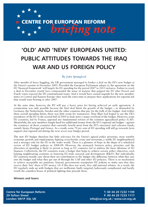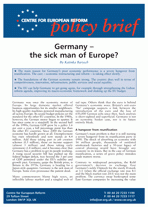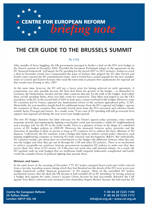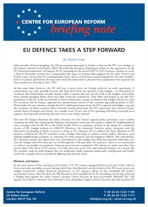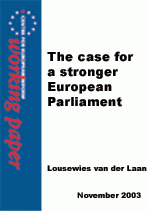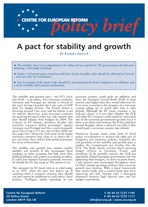Research
Engaging Iran: A test case for EU foreign policy
05 March 2004
After the Iraq debacle, the EU badly needs a foreign policy success. Steven Everts argues that Europe's strategy of 'conditional engagement' has produced some modest results.
The Lisbon scorecard IV: The status of economic reform in the enlarging EU
05 March 2004
With cynicism, even derision – this is how many Europeans look at the EU's key economic target, namely to become the "most competitive and dynamic, knowledge-based economy in the world" by 2010.
The EU budget: Common future or stuck in the past?
06 February 2004
The EU's common budget is small and rather rigid. Most of its outlays are determined years in advance, and most of them go on just two policies, namely support for farmers and poorer regions. Yet the EU budget invariably attracts acrimonious debate and close scrutiny out of all proportion to its economic significance.
Could a hard core run the enlarged EU?
06 February 2004
The leaders of France, Germany and the UK meet in Berlin on 18 February 2004 to try to forge a joint agenda for the EU. The summit is partly aimed at a rapprochement between the 'Big Three' after Iraq.
Poland: the EU's new awkward partner
02 February 2004
As a former member of Poland's communist Politburo, Leszek Miller has little in common with Margaret Thatcher or John Major. But the Polish prime minister has adopted very similar negotiating tactics in the EU.
Policing public sector aid
02 February 2004
Europe's powerful public sector trade unions are campaigning to protect public services from the disciplines of EU competition and state aid laws.
Jobs for the boys
02 February 2004
Last year may have been an annus horribilis for the EU, but 2004 looks set to be just as divisive. In between negotiating a new EU budget and a possible starting date for Turkey's accession negotiations, EU leaders have to choose a new Commission president.
Issue 34 - 2004
30 January 2004
- Jobs for the boys, Steven Everts
- Poland: the EU's new awkward partner, Heather Grabbe
- Policing public sector aid, Alasdair Murray
Is Europe working?
01 January 2004
With more than 14 million people out of work, unemployment is the EU's greatest economic problem. However, while EU policy-makers ponder Germany's 4.3 million unemployed, Britain's low labour productivity and Italy's greying workforce, they have missed one of Europe's key labour market challenges: eastward enlargement.
If the EU's labour market statistics...
If the EU's labour market statistics...
Should Britain hold a referendum on the EU Constitution?
01 January 2004
Dear Charles,
European leaders are busy drawing up a constitution which will set out what tasks the EU should and should not perform; clarify who is responsible for what; and specify how the EU takes decisions. Once governments have agreed a final text, the question becomes: how should each country...
European leaders are busy drawing up a constitution which will set out what tasks the EU should and should not perform; clarify who is responsible for what; and specify how the EU takes decisions. Once governments have agreed a final text, the question becomes: how should each country...
A joined-up EU security policy
01 January 2004
EU member-states disagree on whether the EU should have its own military headquarters, or continue to depend on NATO to help run EU operations. This dispute is becoming increasingly theological.
After the Brussels summit: What next for the EU?
16 December 2003
The manner and speed at which the Brussels European Council collapsed took most observers by surprise. Heads of state and government had arrived on the morning of Friday 12 December 2003, expecting negotiations to last until late on Sunday 14.
'Old' and 'New' Europeans united: Public attitudes towards the Iraq war and US foreign policy
11 December 2003
Is there a clear and lasting division between new and old Europe at the level of public opinion? This paper looks at public opinion polls conducted in the EU-15 countries and ten new members that will join the EU in 2004, to see which countries' populations supported the Iraq war before and after it took place.
Germany – the sick man of Europe?
05 December 2003
Germany was once the economic motor of Europe. Its large domestic market offered business opportunities for its smaller neighbours. Its high-quality machines powered manufacturing all across Europe. Its sound budget policies set the standard for the other EU countries. In the 1980s, however, the German motor began to sputter. It...
The CER guide to the Brussels summit
05 December 2003
It is six months since the European Convention, a gathering of parliamentarians, government representatives and experts, presented its draft for an EU constitutional treaty. Since November, the EU governments – the current 15, plus the ten due to join on 1 May 2004 – have been negotiating a revision of this draft, in an 'inter-governmental conference' (IGC).
EU defence takes a step forward
05 December 2003
The deal struck between Britain, France and Germany on the future of European defence is good news for those who believe that the EU should focus more on military capabilities than institutions.
Issue 33 - 2003
28 November 2003
- Is Europe working? , Katinka Barysch
- Should Britain hold a referendum on the EU Constitution?, Steven Everts and Charles Grant
- A joined-up EU security policy , Daniel Keohane and Adam Townsend
Issue 39 - 2004
28 November 2003
- President Bush: Why you need the Europeans, Charles Grant, Steven Everts
- The EU and China, Katinka Barysch
- Three cheers for EU democracy, Alasdair Murray
The case for a stronger European Parliament
07 November 2003
The EU urgently needs a stronger and reformed European Parliament (EP). With 60 per cent of all legislation affecting citizens' lives discussed in Brussels, EU decision-making must become more democratic.
A pact for stability and growth
03 October 2003
The stability and growth pact – the EU’s fiscal rule book – is in tatters. The eurozone’s largest countries, Germany and France, are in breach of the pact, having exceeded the 3 per cent of GDP limit for budget deficits in 2002 and 2003. Theyare likely to do so again...

